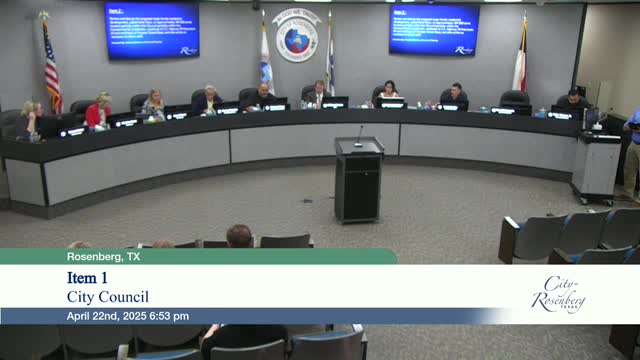Article not found
This article is no longer available. But don't worry—we've gathered other articles that discuss the same topic.
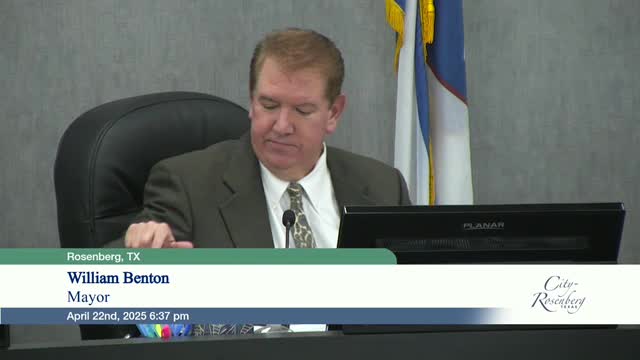
Public speakers press council on animal shelter operations; council praises shelter’s live‑release rate and asks staff to follow up
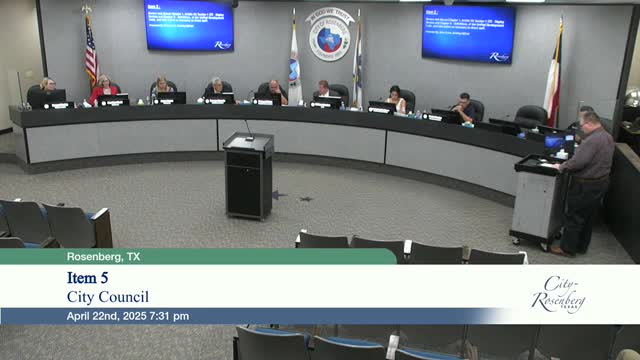
Council directs staff to revise display‑device rules after downtown business asks to keep feather flags
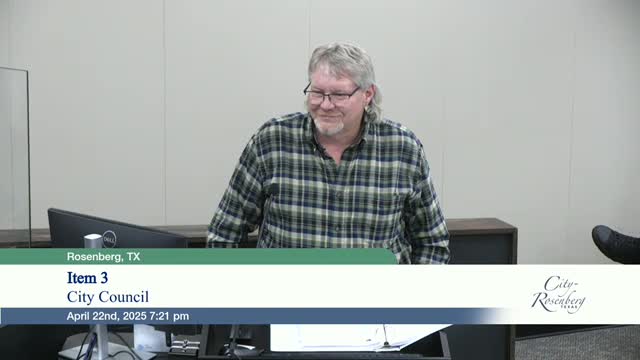
Council asks staff to study potential dog‑park sites; parks board had ranked dog park fourth
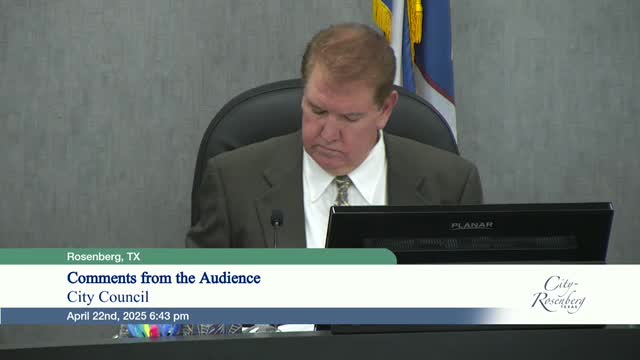
Council asks developer to return after discussion of water and sewer service outside city limits
